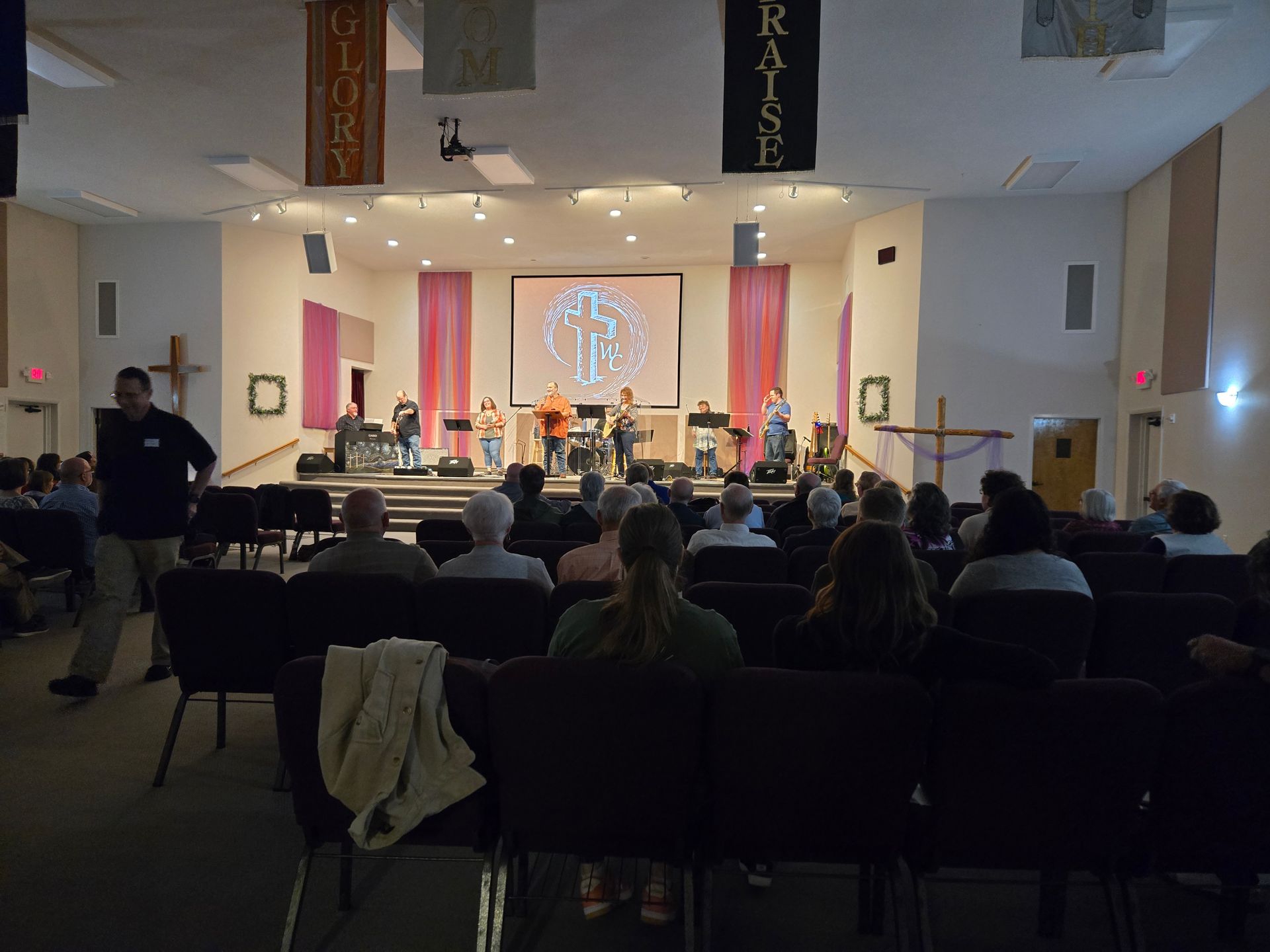Poison Ivy, Leprosy and Middle School
Tim Bordeaux is Pastor of Youth at North Manchester First Brethren Church (Indiana). He and his wife, Kelly, have three children: daughter, Addi, and twin boys, Levi and Micah.
Last summer, I came down with poison ivy. Not sure where I got it and not sure I’d ever had it before. But I had it bad.
With all of the amazing breakthroughs in the medical community, it’s somewhat surprising how much mystery still surrounds poison ivy. I received some conflicting advice from family, friends, Google, and my doctor on how to treat it, whether or not it was safe to scratch, and whether or not it could spread or was contagious.
I failed miserably in the not scratching category, and I opted not to pour gasoline on the affected areas and strike a match. Each day for several days new spots showed up, so once I had self-diagnosed that this was more than a case of “itchy acne,” we assumed it was contagious and the safest route was for everyone to stay far away from Daddy.
Easier said than done. My three kids are still young, and rough housing, reading books and snuggling are more regular than mealtimes.
But now, for their sake, we tried to convince them to treat me as if I had leprosy. While we didn’t explain to our kids what life was like for a leper in Bible times, like how a leper could no longer contact his friends or family and had to live in a special area away from everyone else, we did remind them of these new parameters and how important it was to not touch Daddy.
A few days of being told to stay away was more than my son Levi could take. I remember I was sitting on the couch, and he came over, plopped himself down, scooted over to me, gripped my arm tight, and rested his head on my shoulder. I’m not sure exactly what he was thinking, but his actions said, “I’ve had enough. I’ll risk getting poison ivy so I can hug my dad.”
One of my favorite stories from the Gospels is in Mark 1. A leper approaches Jesus, kneels and begs Jesus to make him clean. Jesus is moved with compassion, and responds by touching him first, then healing him.
Here enfleshed is the God who risks, the God who makes himself vulnerable to the point of death on a cross due to his deep obedience to the Father and his odd commitment to humanity. Here also is the God who makes everything new. Jesus reaches out and touches the unclean man. Instead of uncleanness transferring from the leper to Jesus, healing and wholeness and newness spring from Jesus to the man, removing his disease and defilement.
As followers of Christ, we are called to be like him. To step out of our comfort zone and into another’s mess. To not only bring better, but to bring new. To put aside our own interests (and schedules and to-do lists), and look to the interests of others. In some ways, we do a good job of this. But there are still modern-day lepers in society. Whether it is the homeless or the homosexual, certain people are deemed untouchable.
Do you know who else tends to be overlooked?
Middle schoolers.
Being in middle school is rough. They are awkward years for everyone. It’s a time of life that no one looks back on and wishes they could have one more go at it.
To be fair, it’s not always easy to be around middle schoolers. They are loud and strange, some of them smell funny, and they all seem to have chronic ADHD. They are the one group within the church that most people avoid like the plague. Those stuck in the middle need help not to stay there. They are at a highly critical, formative stage in life, and they need the church to step closer in, not further out.
What do they need, not just to survive, but to thrive and grow into men and women of God? They need non-parental, non-pastoral adults who are godly, friendly, trustworthy, and aren’t going anywhere. They need us to know their names. They need us to ask them questions, to take an interest in their interests. They need us to be their biggest fan.They need us to pray for them. They need us to encourage them to be involved in the life of the church. They need us to challenge them to love Jesus.
If the next generation fails to follow Christ, it will not be because they are failures. It will be because we have failed them.
Let’s take a risk and ensure that doesn’t happen.










